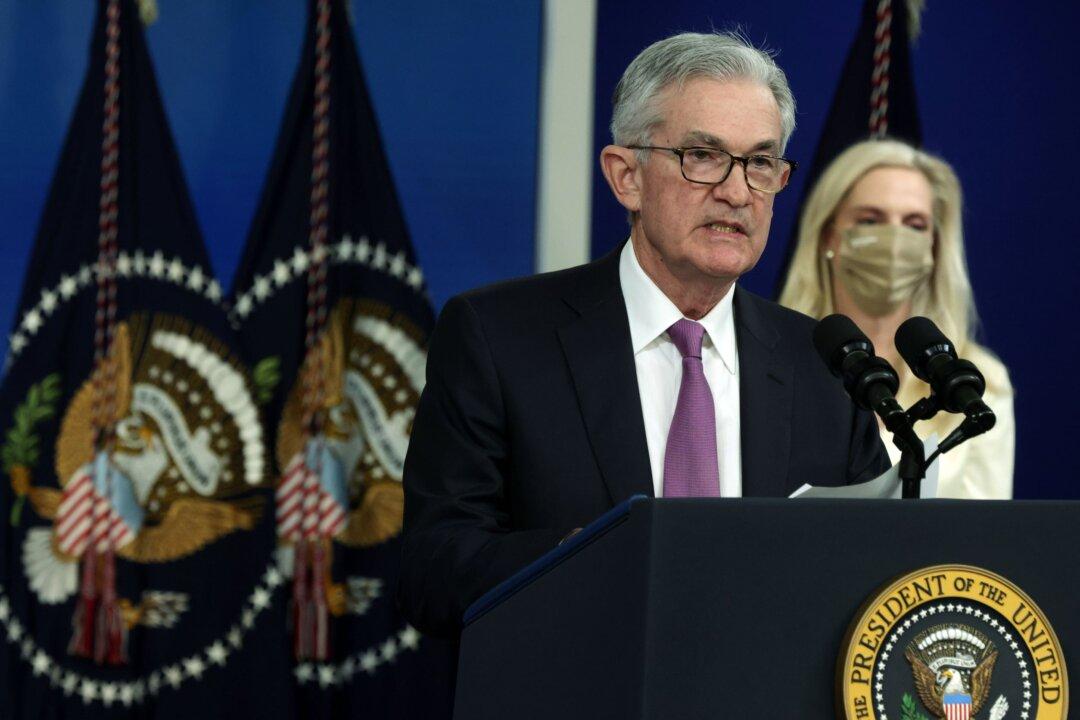Rising inflation, labor shortages, and supply chain disruptions were acting as resistance to the growth of the U.S. economy as it entered a period of revival, according to a new Federal Reserve report released on Wednesday.
There has been an increase in consumer spending but labor and material shortages have restricted economic growth to a “modest to moderate pace” in most of the central bank’s 12 districts, from where data was collected for the Fed’s “Beige Book” report. The latest version of the report, which is published eight times per year, has collected economic data from October through November.





